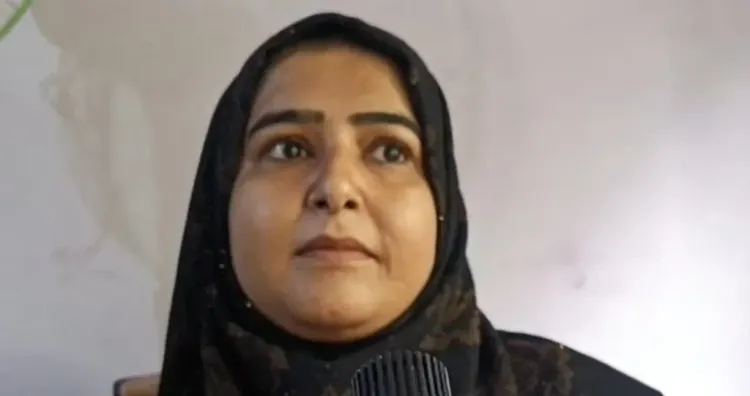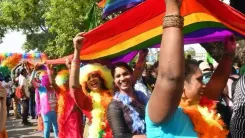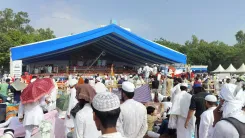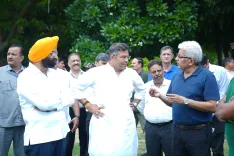How Are Pasmanda Muslims Responding to PM Modi’s ‘Mann Ki Baat’?

Synopsis
Key Takeaways
- Welfare schemes have improved access to healthcare and housing.
- Empowerment initiatives have particularly benefited women.
- Transparency in government processes has increased.
- Community voices are being acknowledged and valued.
- Job opportunities are expanding for the youth.
New Delhi, June 29 (NationPress) During his monthly radio show 'Mann Ki Baat', Prime Minister Narendra Modi highlighted the positive transformations experienced by numerous individuals, particularly from the Pasmanda Muslim community, over the past eleven years. Residents shared their success stories after tuning in to PM Modi's address in Bareilly, Uttar Pradesh.
Noor Fatima, a local from Uttar Pradesh, radiates confidence as she discusses the significant changes she has witnessed. In an interview with IANS, she stated, “Corruption was rampant earlier. Now, everything is digital and transparent.”
“I received Rs 10,000 during the Covid crisis. We also obtained sewing machines and training, empowering many women to launch their own businesses.”
Fatima specifically commended initiatives like the ‘Laadli Behen Yojana’, which offered financial assistance and fostered independence among women. “We are progressing now. Previously, we were reliant on others. Women are now securing jobs, including government positions,” she remarked.
Mohammed Tariq shared a similar view, stating, “The initiatives introduced in the last eleven years, such as ‘PM Awas Yojana’, free LPG under 'Ujjwala', and ‘Ayushman Bharat’, have lifted us out of poverty. For the first time, the voices of Pasmanda Muslims are being acknowledged and supported.”
Shariq Abbasi, a 27-year-old, believes that ‘Mann Ki Baat’ has provided a new avenue for youth engagement. “In my lifetime, I’ve never witnessed a Prime Minister or Chief Minister connecting so directly with young citizens. It feels as though our opinions are valued. Under Modi ji, there has been tangible progress, particularly in food security and job prospects.”
The sentiments expressed by the Muslim community reflect a notable change in their perception and involvement with the government and the ruling BJP.
Upon listening to PM Modi's broadcast, they conveyed happiness, indicating that welfare programs are no longer mere announcements but are actualized experiences for many.
From improved access to rations and healthcare to livelihood initiatives and empowerment schemes, beneficiaries from the Muslim community assert that these policies have profoundly impacted their lives.






